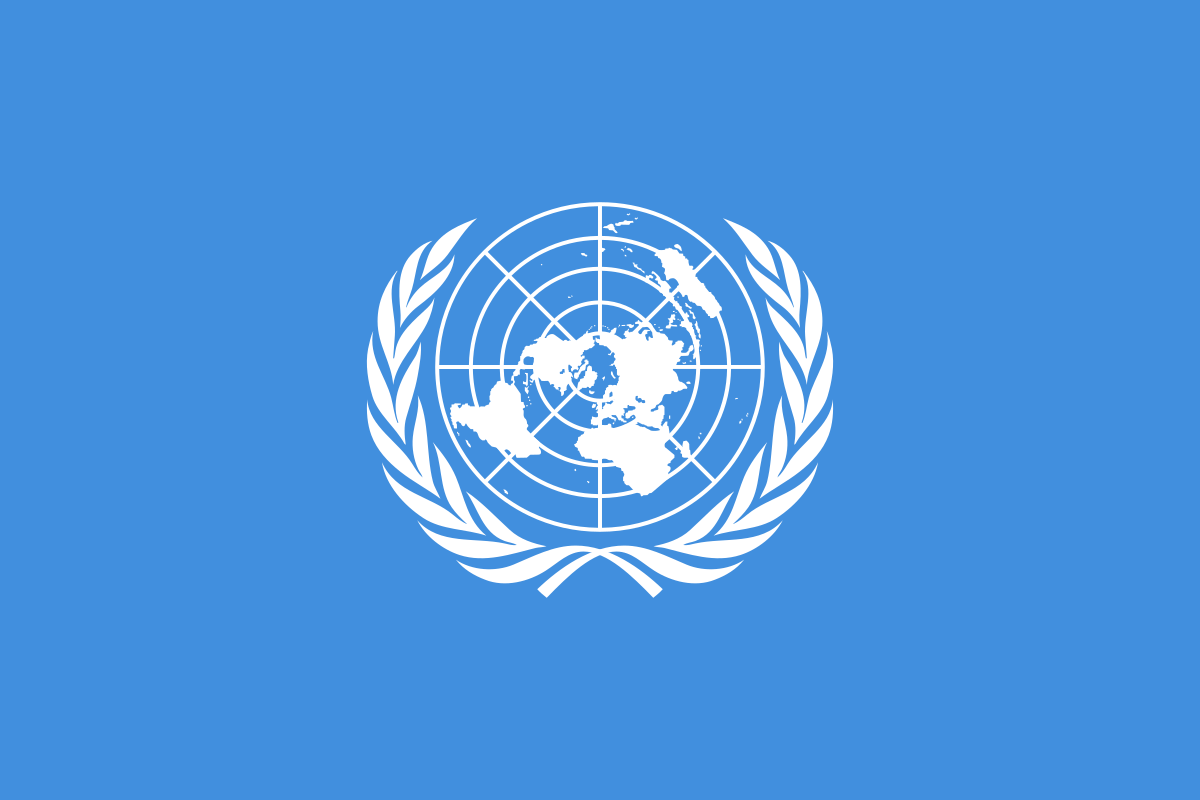Nigeria has renewed calls for the United Nations to consider granting a permanent seat for the African continent on the Security Council in its characteristic effort to live up to the mantra of being the Giant of Africa. This demand is not a new one. Former President Muhammadu Buhari made the same appeal during previous UN General Assemblies. Leaders from Ghana, South Africa, Sierra Leone, and other notable African countries have also, at different times, advocated for two permanent seats on the Security Council to represent the 54 nations within Africa and the over 1.2 billion people who live on the continent. They believe this would create a more representative and inclusive Security Council.
The Security Council currently consists of five permanent members and 10 non-permanent members. The permanent members are China, France, Russia, the United Kingdom, and the United States. The special privilege of the permanent members is the veto power, which allows them to block any resolution they oppose, regardless of the support it has from other members.
The UN was created when most African nations were still struggling under colonial rule. The confidence of African leaders in making this demand is commendable, but it is important to understand that such demands are not achieved through rhetoric alone.
There are several questions African leaders must ask themselves and answer before evaluating the weight of their demand. To be considered for the Security Council, what qualifications must Nigeria or any other African country meet? How many missiles can Africa produce? Can a nation struggling to contain banditry, militancy, and other domestic issues qualify for such a position? Is qualification based solely on population or the number of nations on a continent? Does Africa truly need the UN? Did the Security Council’s permanent members plead or beg for their seats? Who desires a United Nations with a disunited Africa? A permanent seat on the UN Security Council is not the only path to global influence. Despite their lack of permanent seats, economic powerhouses like Germany and Japan wield significant influence in the world today. They did not get that through the demand for permanent seats in the UNSC.
Undoubtedly, Nigeria and Africa’s seemingly unending love for borrowing and reliance on external aid will not end soon. Meanwhile, beggars cannot be choosers. For instance, most African nations do not produce their own weapons, vehicles, medicine, or technology. Yet, they want a say in world affairs and to be among the decision-makers. While military power remains a factor, other criteria, such as economic influence, diplomatic capability, and global peace and security contributions, determine international recognition. Unfortunately, many African nations are yet to fully leverage their strengths in these areas.
It seems that this demand will now be part of the speeches read at every General Assembly, and no one can tell how many future Nigerian presidents and African leaders will continue to make such appeals. The African Union has made significant strides, particularly with the African Continental Free Trade Area and peacekeeping efforts. Notwithstanding, it should initiate steps vital for reducing reliance on external aid. It should focus on building a united and self-reliant continent. Africa must foster regional integration, enhance economic self-sufficiency and build coalitions with other regions. Africa must realise that might, not rhetoric, determines or guarantees a permanent seat. If African nations do not make concerted efforts to build the continent, their leaders will continue to make routine demands to empty chairs at every UN meeting. Africa cannot continue to beg for seats at someone else’s table.
Matthew Alugbin, PhD, teaches at Edo State University, Uzairue.

 Join Daily Trust WhatsApp Community For Quick Access To News and Happenings Around You.
Join Daily Trust WhatsApp Community For Quick Access To News and Happenings Around You.


